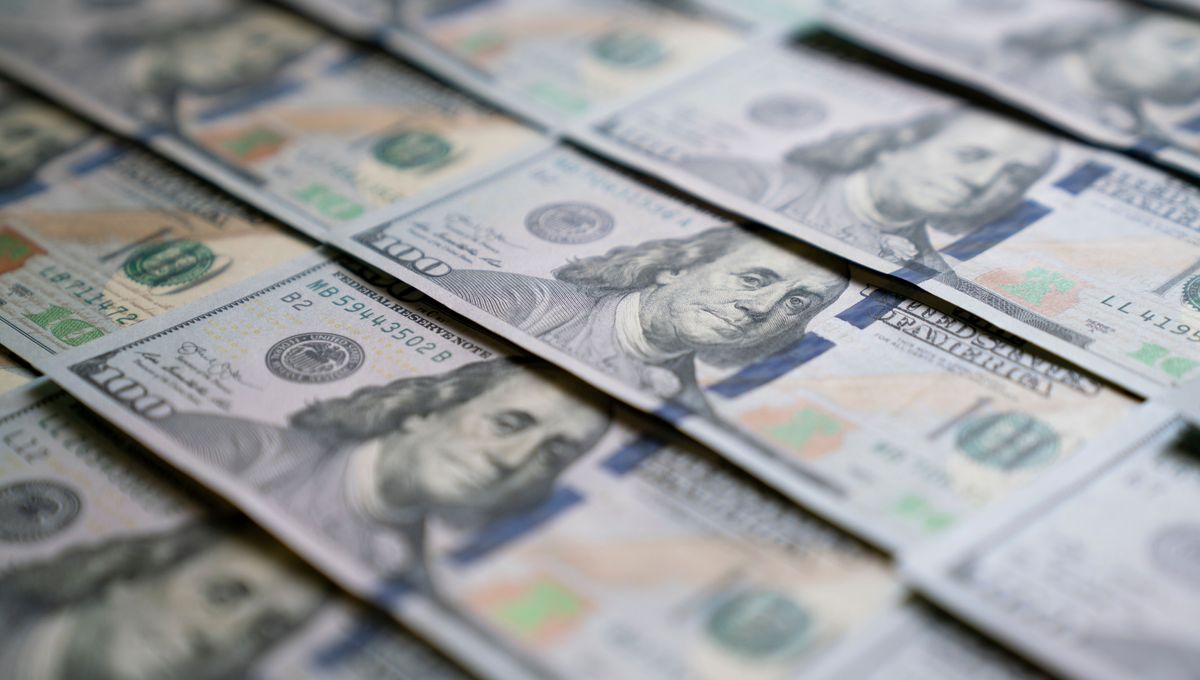
Most US citizens underestimate the scale of inequality in their country, or at least their county, by greatly underestimating the income of the richest 1 percent. The result is consistent across four studies that challenged participants to estimate incomes at particular points in the social spread. The authors speculate that people simply don’t want to believe how unequal their society is, perhaps because if they did, they’d feel compelled to try to change it.
According to some measures, global inequality is decreasing, driven by some previously very poor countries’ rapid economic growth. However, within most developed countries, inequality is rising. In some cases, the poor are getting poorer, but even where that is not true, the very rich have jumped ahead while the majority have made slow progress, if any. In the United States, the richest 1 percent went from having 10 percent of total income in 1980 to 19 percent in 2020.
This poses something of a puzzle for political theorists. If middle incomes were gaining at the expense of the poor, fairness and self-interest would compete at the ballot box as to whether to support policies for redistribution. It’s harder to explain why so much of the population often chooses to vote against policies that would benefit themselves at the expense of the very rich. Dr Barnabas Szaszi, a visiting fellow at Harvard, and co-authors explored the possibility that this may be because most people aren’t aware of how skewed things really are.
The staggering wealth of the world’s richest individuals is reported on a regular basis. However, everyone knows these people are very rare – even among multibillionaires it’s only a few names that make the news. We might expect that people would overestimate the incomes of the merely somewhat rich, linking them to the Musks and Gateses of the world, but instead, Szaszi and co-authors found the opposite.
The authors started by asking people to estimate the income required to put someone at various points on the income distribution curve for the county in which they lived. Participants had to estimate the income it takes to put one in the 10th, 20th, etc percentiles, starting from the bottom, and adding the 95th and 99th percentile.
Participants were consistent, and quite accurate, at estimating the income of the poorest and middle sectors of their county. They even did moderately well for the 95th decile (ie the income required to be in the county’s top 5 percent). But this broke down badly for the 1 percent, where people underestimated by more than $200,000.
To test if their subjects were just being lazy, the authors repeated the experiment but let people bet (with money earned from completing a previous task) how well they did. Those who accepted the challenge were paid if they beat three-quarters of the others taking the survey. Results were not better among those taking the bet.
The authors also tried a different approach, creating fictional societies in which participants were shown 100 faces, each of whose incomes were revealed when clicked on. When asked to estimate income distributions based on the information given, people’s results were relatively accurate when the authors skewed the society so that the top 10 percent had a much larger share of total income. However, when the skewing involved making just one individual out of 100 have 35-50 percent of total income, subjects were mostly unable to grasp what this was doing to the overall spread.
The authors acknowledge that although some previous studies have also found people underestimating inequality, others have reported over-estimates. It seems it matters the specific measure of inequality you are testing.
The reasons why people have such a blind spot regarding the 1 percent are not clear, although the authors raise a few possibilities.
Whatever the answer, people’s responses to proposals to tax the rich are likely to be affected if they don’t recognize the gap between them and those in question.
For the record, the average income of America’s 1 percent was $1.3 million dollars in 2018, the year on which the study was based.
The work is open access in PNAS Nexus.
Source Link: Most Americans Underestimate How Rich The Very Rich Really Are